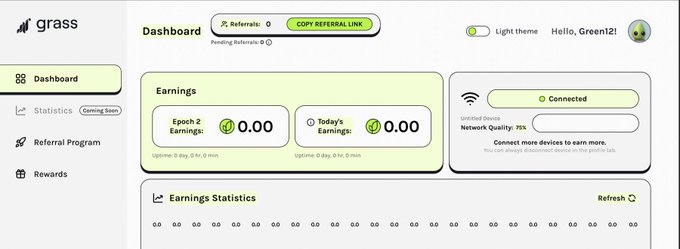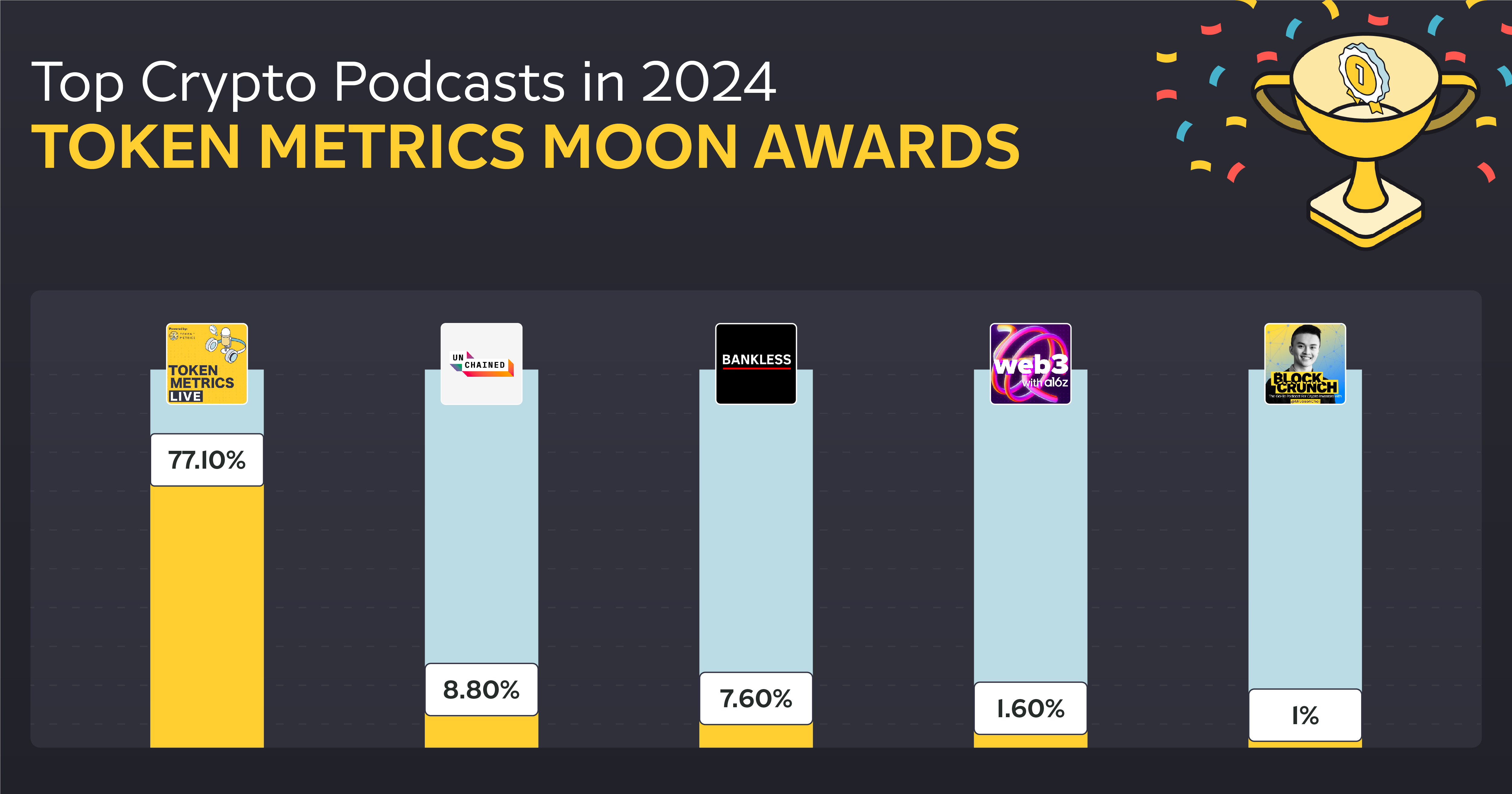What is Bitcoin Mining and Is it Profitable?

Cryptocurrency mining has gained popularity as a means of earning passive income and supporting decentralized networks that power digital assets. Bitcoin, in particular, has garnered significant attention for its impact on the overall crypto market.
This comprehensive guide will assist you in evaluating the profitability of Bitcoin mining in 2024 and getting started on your mining endeavor. It will furnish you with all the necessary information to make an informed decision and embark on your mining journey.
Introduction to Bitcoin Mining
What is Bitcoin Mining?
Bitcoin mining can be compared to extracting precious metals from the earth. It is the mechanism through which new bitcoins are minted, and transactions are verified on the blockchain.
As the Bitcoin white paper describes, mining involves CPU time and electricity to add new coins to circulation.
How Does Bitcoin Mining Work?
Specialized computers, known as miners, perform Bitcoin mining, which competes to solve complex mathematical problems. These problems are designed to be computationally complex and require significant computational power to solve.
Miners race against each other to find a solution to the problem, and the first miner to successfully solve it earns the right to add the next block of transactions to the blockchain and is rewarded with newly minted bitcoins.
The Role of Proof-of-Work
The mining process in Bitcoin is based on a concept called Proof-of-Work (PoW). Miners must prove that they have performed a certain amount of computational work in order to have a chance at winning the block reward.
This work is achieved by repeatedly hashing the block's data until a specific pattern or target hash, is found. The target hash is a value set by the network and determines the difficulty of the mining process.
The Importance of Confirmation
Once a miner solves a block, it is added to the blockchain and becomes a confirmed transaction. Confirmation is critical to Bitcoin mining as it ensures that transactions are valid and irreversible.
The more confirmations a transaction has, the more secure it is considered to be. Generally, it is recommended to wait for multiple confirmations before considering a transaction final.
The Process of Bitcoin Mining
Hashing and Target Hash - The hashing process is at the core of Bitcoin mining. Hashing involves taking input data and running it through a cryptographic hash function to produce a fixed-length output.
In the case of Bitcoin mining, the input data includes the transactions to be verified and other information, such as the previous block's hash.
Miners repeatedly hash this data, changing a small portion of it known as the nonce, until a hash is generated that meets the target hash criteria set by the network.
Mining Difficulty - The mining difficulty measures how difficult it is to find a hash that meets the target criteria. The difficulty is adjusted approximately every two weeks to ensure that blocks are mined at a consistent rate.
If the network's total computational power increases, the difficulty will be increased to maintain the average block time of approximately 10 minutes.
Conversely, if the computational power decreases, the difficulty will be reduced to keep the block time consistent.
Rewards for Miners - Miners are incentivized to participate in the mining process through the rewards they receive. When a miner successfully solves a block, they are rewarded with a predetermined amount of newly minted bitcoins, known as the block reward.
Additionally, miners receive transaction fees associated with the transactions included in the block. The block reward is halved approximately every four years in an event known as the Bitcoin halving.
This event is designed to control the rate at which new bitcoins are introduced into circulation and ensure the scarcity of the cryptocurrency.
Equipment and Costs
Mining Hardware - Bitcoin mining requires specialized hardware known as Application-Specific Integrated Circuits (ASICs). These devices are specifically designed to perform the hashing calculations required for mining and are much more efficient than general-purpose computers.
ASICs come in various forms, ranging from small USB devices to large mining rigs. The cost of mining hardware can vary significantly depending on the type and performance of the ASIC.
Electricity Consumption - One of the significant costs associated with Bitcoin mining is electricity consumption. The computational power required for mining is energy-intensive and can result in high electricity bills.
The electricity consumption of mining operations has drawn criticism due to its environmental impact. To maximize profitability, miners must consider the cost of electricity and the energy efficiency of their mining equipment to maximize profitability.
Other Costs - In addition to electricity costs, miners may also incur expenses related to cooling and maintenance. Mining equipment generates significant heat and requires adequate cooling to ensure optimal performance.
Cooling systems can add to the overall cost of mining operations. Furthermore, regular maintenance and replacement of mining hardware may be necessary to keep up with the rapidly evolving technology.
Also Read - Best Bitcoin Mining Software
Profitability of Bitcoin Mining
Factors Affecting Profitability - The profitability of Bitcoin mining depends on several factors, including the price of Bitcoin, mining difficulty, electricity costs, and the efficiency of mining equipment.
The price of Bitcoin is highly volatile and can significantly impact mining profitability. When the price is high, mining can be more profitable, but when it is low, mining may not be economically viable for some miners.
Calculating Mining Profitability - To determine whether Bitcoin mining is profitable, miners need to consider the costs associated with mining, including equipment expenses, electricity costs, and any other overheads.
They also need to estimate the potential rewards from mining, considering the current block reward, transaction fees, and the likelihood of successfully mining a block. Various online calculators are available to help miners estimate their potential profits based on these factors.
Is Bitcoin Mining Profitable?
The profitability of Bitcoin mining varies depending on individual circumstances and market conditions. While some miners have achieved significant profits, others have struggled to break even or generate positive returns.
The competitiveness of the mining industry and the constantly evolving technology make it challenging for individual miners to remain profitable. The high upfront costs of mining equipment and electricity expenses can also affect potential profits.
Also Read - 8 Best and Profitable Crypto to Mine
Environmental Impact
Energy Consumption - Bitcoin mining has attracted criticism due to its high energy consumption. The computational power required for mining consumes significant electricity, contributing to carbon emissions and environmental concerns.
The Bitcoin network's energy consumption has been compared to that of entire countries. As the popularity of Bitcoin grows, there is a need for more sustainable and energy-efficient mining practices to mitigate its environmental impact.
Renewable Energy and Sustainability - Efforts are underway to promote the use of renewable energy sources for Bitcoin mining. Some mining operations are powered by renewable energy, such as solar or wind, to reduce their carbon footprint.
Adopting sustainable mining practices is crucial to address the environmental concerns of Bitcoin mining. Additionally, ongoing research and development in energy-efficient mining hardware are expected to contribute to a more sustainable future for Bitcoin mining.
Getting Started with Bitcoin Mining
1. Choosing a Mining Pool
Joining a mining pool can increase individual miners' chances of earning rewards. Mining pools allow miners to combine their computational power and work together to mine blocks more efficiently.
When a block is successfully mined, the rewards are distributed among the pool members based on their contribution. Joining a mining pool can provide miners with a more consistent income stream, especially for those with limited computational resources.
2. Setting Up Mining Hardware
Setting up mining hardware requires careful consideration of factors such as cooling, electricity supply, and network connectivity. Miners must ensure their hardware is properly configured and optimized for mining.
Adequate cooling is essential to prevent overheating and ensure optimal performance. Additionally, miners should have a stable and reliable internet connection to stay connected to the Bitcoin network.
3. Mining Software
Mining software is essential for managing and controlling the mining process. It allows miners to connect their hardware to the mining pool and monitor their mining activities.
Several mining software options are available, each with its features and compatibility with different mining hardware. Miners should choose software that is compatible with their hardware and offers the necessary features for efficient mining.
Risks and Challenges
Market Volatility - The volatile nature of Bitcoin's price poses a significant risk to mining profitability. The price of Bitcoin can fluctuate dramatically within a short period, impacting the potential rewards for miners.
Sharp price declines can lead to reduced profitability or even losses for miners. Miners should be prepared for the inherent market risks associated with Bitcoin mining and consider strategies to mitigate these risks.
Regulatory Environment - The regulatory environment surrounding Bitcoin mining varies across jurisdictions. Some countries have embraced cryptocurrencies and have favorable regulations for mining operations, while others have imposed strict regulations or outright bans.
Miners should stay informed about their respective locations' legal and regulatory developments to ensure compliance and mitigate regulatory risks.
Competition and Centralization - Bitcoin mining has become increasingly competitive, with large-scale mining operations dominating the industry. These operations have access to significant computational power and resources, which can make it difficult for individual miners to compete.
The concentration of mining power in the hands of a few entities raises concerns about centralization and the potential for network security vulnerabilities. Miners should be aware of the competitive landscape and consider the implications of centralization on the Bitcoin network.
Conclusion
Bitcoin mining plays a crucial role in the functioning and security of the Bitcoin network. It involves solving complex mathematical problems to validate transactions and mint new bitcoins.
While mining can be profitable under the right circumstances, it is a highly competitive and resource-intensive process. Miners must carefully consider the costs and risks of mining before getting involved.
The environmental impact of mining also raises important sustainability concerns that need to be addressed through the adoption of renewable energy sources and energy-efficient mining practices.
As the cryptocurrency landscape continues to evolve, miners must stay informed and adapt to changing market conditions to maximize their chances of success in the mining industry.
Disclaimer
The information provided on this website does not constitute investment advice, financial advice, trading advice, or any other advice, and you should not treat any of the website's content as such.
Token Metrics does not recommend buying, selling, or holding any cryptocurrency. Conduct your due diligence and consult your financial advisor before making investment decisions.
Create Your Free Token Metrics Account

.png)




%201.svg)
%201.svg)


%201.svg)













.svg)




.png)